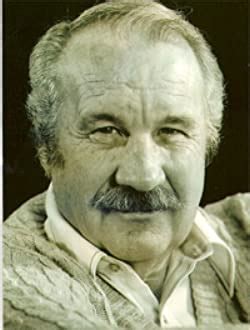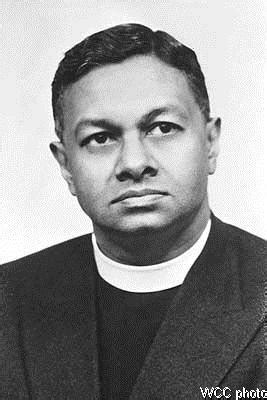A Quote by Maimonides
It is necessary to bear in mind that Scripture only teaches the chief points of those true principles which lead to the true perfection of man, and only demands in general terms faith in them.
Related Quotes
Scripture will ultimately suffice for a saving knowledge of God only when its certainty is founded upon the inward persuasion of the Holy Spirit. Indeed, these human testimonies which exist to confirm it will not be vain if, as secondary aids to our feebleness, they follow that chief and highest testimony. But those who wish to prove to unbelievers that Scripture is the Word of God are acting foolishly, for only by faith can this be known.
The blessed Paul argues that we are saved by faith, which he declares to be not from us but a gift from God. Thus there cannot possibly be true salvation where there is no true faith, and, since this faith is divinely enabled, it is without doubt bestowed by his free generosity. Where there is true belief through true faith, true salvation certainly accompanies it. Anyone who departs from true faith will not possess the grace of true salvation.
It is not true that a man can believe or disbelieve what he will. But it is certain that an active desire to find any proposition true will unconsciously tend to that result by dismissing importunate suggestions which run counter to the belief, and welcoming those which favor it. The psychological law, that we only see what interests us, and only assimilate what is adapted to our condition, causes the mind to select its evidence.
Why did the consensus of Christian churches not only accept these astonishing views but establish them as the only true form of Christian doctrine? . . . these religious debates - questions of the nature of God, or of Christ - simultaneously bear social and political implications that are crucial to the development of Christianity as an institutional religion. In simplest terms, ideas which bear implications contrary to that development come to be labeled as 'heresy'; ideas which implicitly support it become 'orthodox.'
It's a weak faith that only serves God in times of blessing. The book of Job teaches us that true faith, genuine faith, great faith is revealed only when we serve and trust God in the hard times, the times of suffering, loss, and opposition. That's the kind of faith that makes the world sit up and take notice.
The chief difficulty is that God demands of us that we live by faith: faith in God, God's sovereignty over the future, God's sufficiency for the present; while, on the other hand, the various other gods whom we can serve appeal to us in terms of the things which we can see and the forces which we can calculate. The choice between the life of faith and the life of sight is a choice between a God whom only faith can apprehend and gods whom one has only to see to understand.
For God to prove himself on demand, physically, would be a grave disappointment, and the strongest Christians should be considerably grateful that he chooses not to do so. The skeptic endlessly demands proof, yet God refuses to insult the true intelligence of man, the '6th sense', the chief quality, the acumen which distinguishes man from the rest of creation, faith.
We must have kings, we must have nobles; nature is always providing such in every society; only let us have the real instead of the titular. In every society some are born to rule, and some to advise. The chief is the chief all the world over, only not his cap and plume. It is only this dislike of the pretender which makes men sometimes unjust to the true and finished man.
It is true that the faith, which I am enabled to exercise, is altogether God's own gift; it is true that He alone supports it, and that He alone can increase it; it is true that, moment by moment, I depend upon Him for it, and that, if I were only one moment left to myself, my faith would utterly fail.
What is the purpose for which Masonry exists? Its ultimate purpose is the perfection of humanity. Mankind it self is still in a period of youth. We are only now beginning to acquire a consciousness of the social aim of civilization, which is man's perfection. Such perfection can never end with physical perfection, which is only the means to the end or spiritual perfection.
The more one studies paleontology, the more certain one becomes that evolution is based upon faith alone; exactly the same sort of faith which is necessary to have when one encounters the great mysteries of religion....The only alternative is the doctrine of special creation, which may be true, but irrational.








































